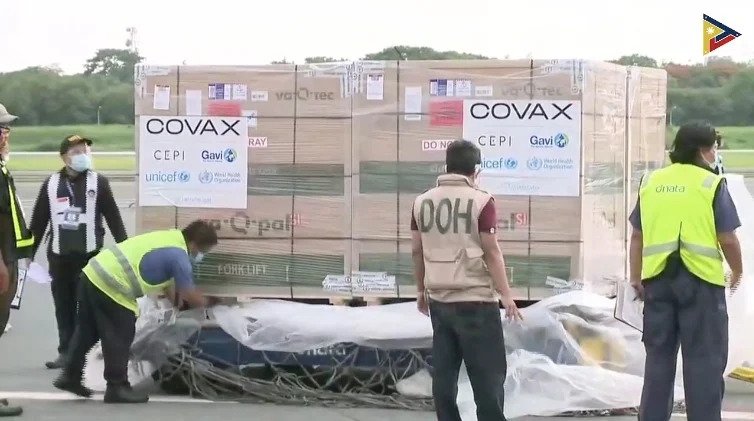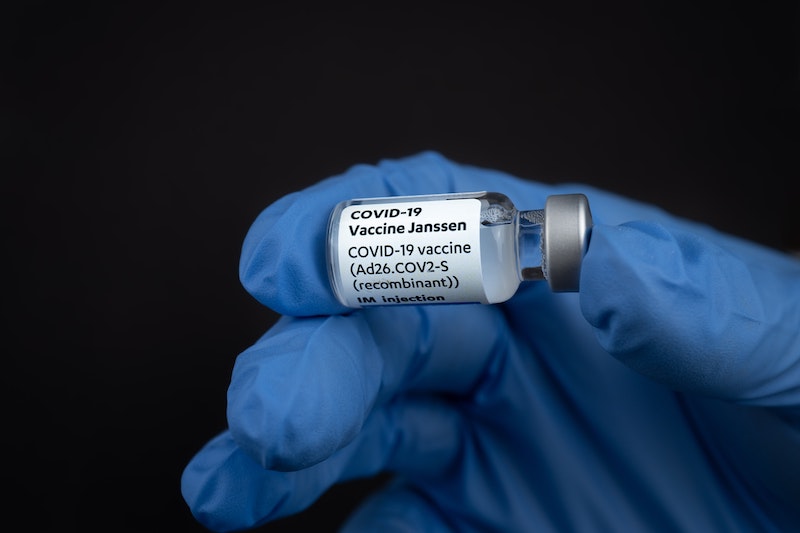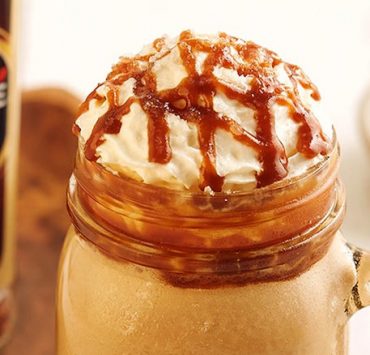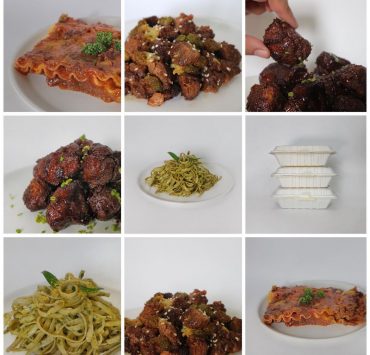ICYMI: Over the weekend, 3.2 million doses of single-dose Johnson&Johnson Janssen COVID-19 vaccines arrived in the country. This is part of the U.S.’s donation made through the World Health Organization-led COVAX global vaccine facility.

The question now is who gets to be inoculated with these jabs? According to the Department of Health (DOH), senior citizens who “continue to be at risk of severe COVID-19 or hospitalization” are the priority for these vaccines.
Senior citizens, classified as A2 priority group by the government, are being closely monitored as the more contagious Delta variant continues to surge in the country. There are now a total of 35 recorded cases with one death as of this weekend. The Delta variant was first detected in India and is believed to be up to 60 percent more transmissible than the Alpha variant, according to DOH.
After A2, people with comorbidities, classified as A3, are the next recipients of the single-dose Janssen vaccines.
Health Undersecretary Myrna Cabotaje, who heads the National Vaccination Operations Center (NVOC), said 100,000 doses of J&J vaccines will be allocated per region.
Vice President Leni Robredo reminded the National Task Force (NTF) for COVID-19 about the country’s healthcare system’s inability to handle a Delta variant surge. She suggested that the limited J&J vaccines be rolled out in areas where there are surges in said variant.
NTF estimates that as of last week, only 2.6 million senior citizens or 31.9 percent of the A2 group, and 3.3 million or 46.74 percent of the A3 group were inoculated with a first dose.
About 5.8 million elderly Filipinos and 3.7 million Filipinos with comorbidities remain unvaccinated.
J&J’s single-shot vaccine does not have to be refrigerated compared to other vaccine brands. This will hopefully ease its distribution.




